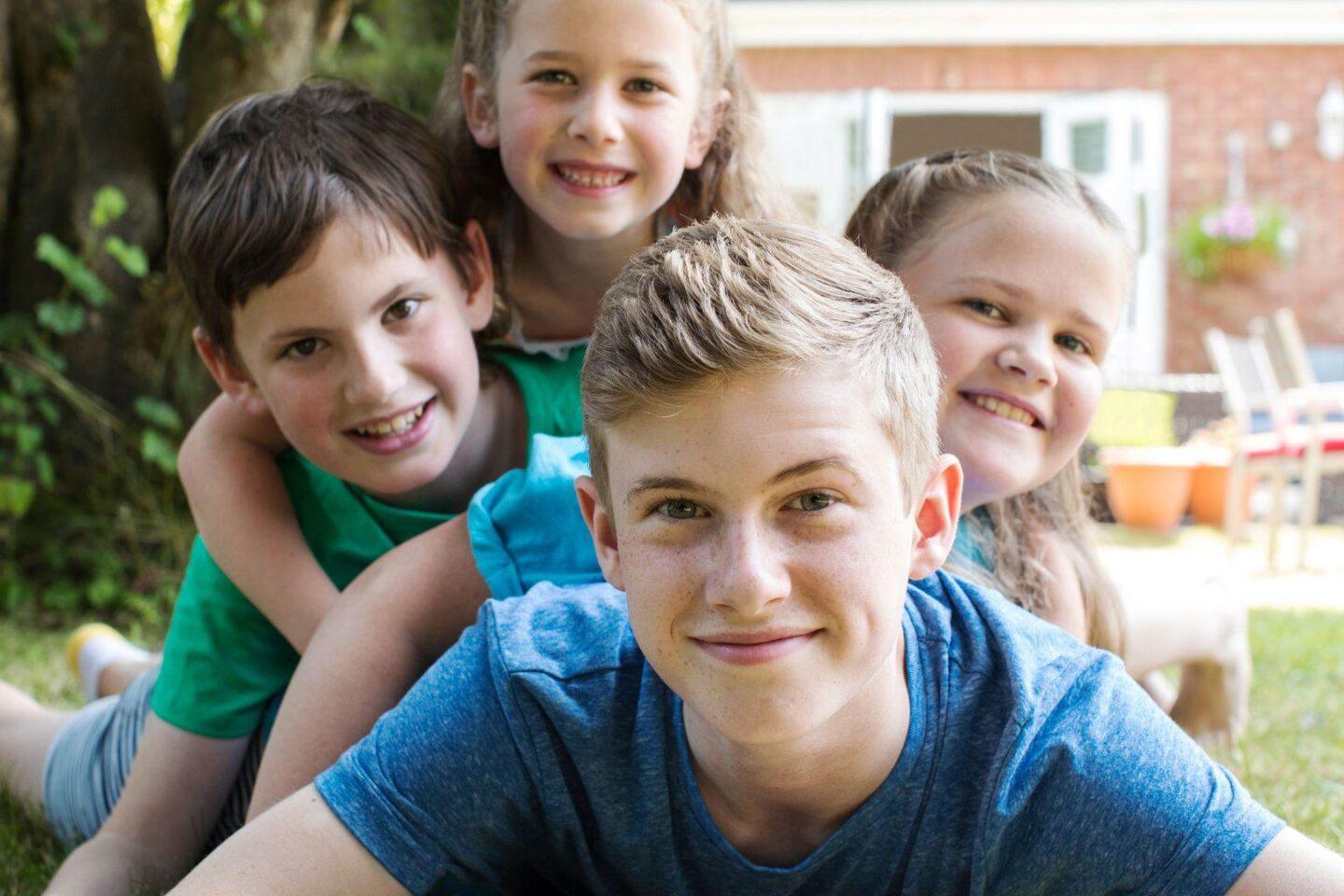But why does the bond of childhood hold some together while others cut it? The answer lies somewhere between psychology, chance, and a few deep-seated childhood scars.
Psychologist Frank Sulloway of Harvard University has studied how birth order shapes the self-image of siblings. According to his research, firstborns often grow up with a strong sense of duty, while younger siblings become more rebellious because they have to assert themselves against the already established “top dog”. This unequal start in life not only influences childhood, but can also be reflected in the adult relationship. Those who were always the responsible one as a child often become the “caretaker” later on. Those who felt like the eternal second may eventually distance themselves.
The eternal battle for attention
Some sibling relationships are nothing more than a never-ending competition. Psychologist Laurie Kramer of the University of Illinois has shown in long-term studies that the early struggle for parental approval often continues. A child who felt overshadowed by a sibling may not be able to shake that feeling as an adult. Kramer found that siblings who competed for parental love as children often have less emotional contact with each other later on.
Interestingly, Kramer says it’s not necessarily the squabblers who become estranged later on – but rather those who were never allowed to express their conflicts openly. When an unspoken rivalry simmers for years, it can erupt in a wordless withdrawal.
Why some siblings break off contact
Not every estrangement has a dramatic trigger. Sometimes a creeping sense of injustice is enough. Jill Suitor of Purdue University studied over 700 sibling pairs and found that the most common reason for long-term contact breakdown is the perceived unequal treatment by parents.
What was special about this was that it was not the actual favoring of one child that led to the break, but the subjective feeling of disadvantage. Even if parents believed they treated everyone equally, some children felt ignored – and this feeling ran like a red thread through their entire adult lives.
“If a sibling consistently perceives themselves as the ‘less loved,’ it can create a distance that is not easily bridged later,” writes Suitor in her analysis. Particularly when parents continue their preferential treatment over the years – for example, through financial support or emotional closeness in adulthood – the relationship is often permanently damaged.
Will they get back together? Maybe. Maybe not.
But the estrangement doesn’t have to be permanent. Karen Fingerman, a professor of psychology at the University of Texas, found that siblings often reunite as a result of crises or losses. Her studies showed that a significant event – such as the death of a parent or a serious personal crisis – often triggers siblings to overcome their differences, at least partially.
But it doesn’t always work out. According to Fingerman, many realize after years of distance that they have a shared past but no shared future. The feeling that only the sibling truly understands one’s childhood is not always enough to rebuild a relationship.
No happy ending guaranteed
Some siblings stay side by side forever. Others lose each other along the way. And sometimes the greatest truth about family is that there are no rules.
Blood may be thicker than water, but sometimes it’s just an old story that you don’t want to continue.















Recent Comments